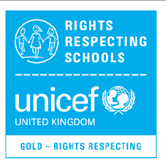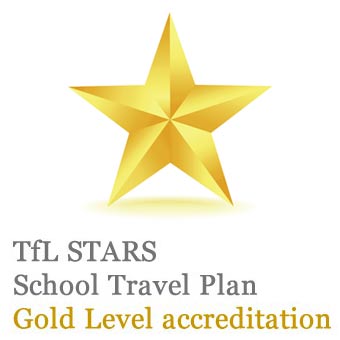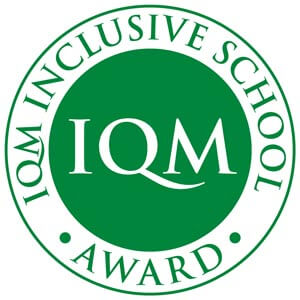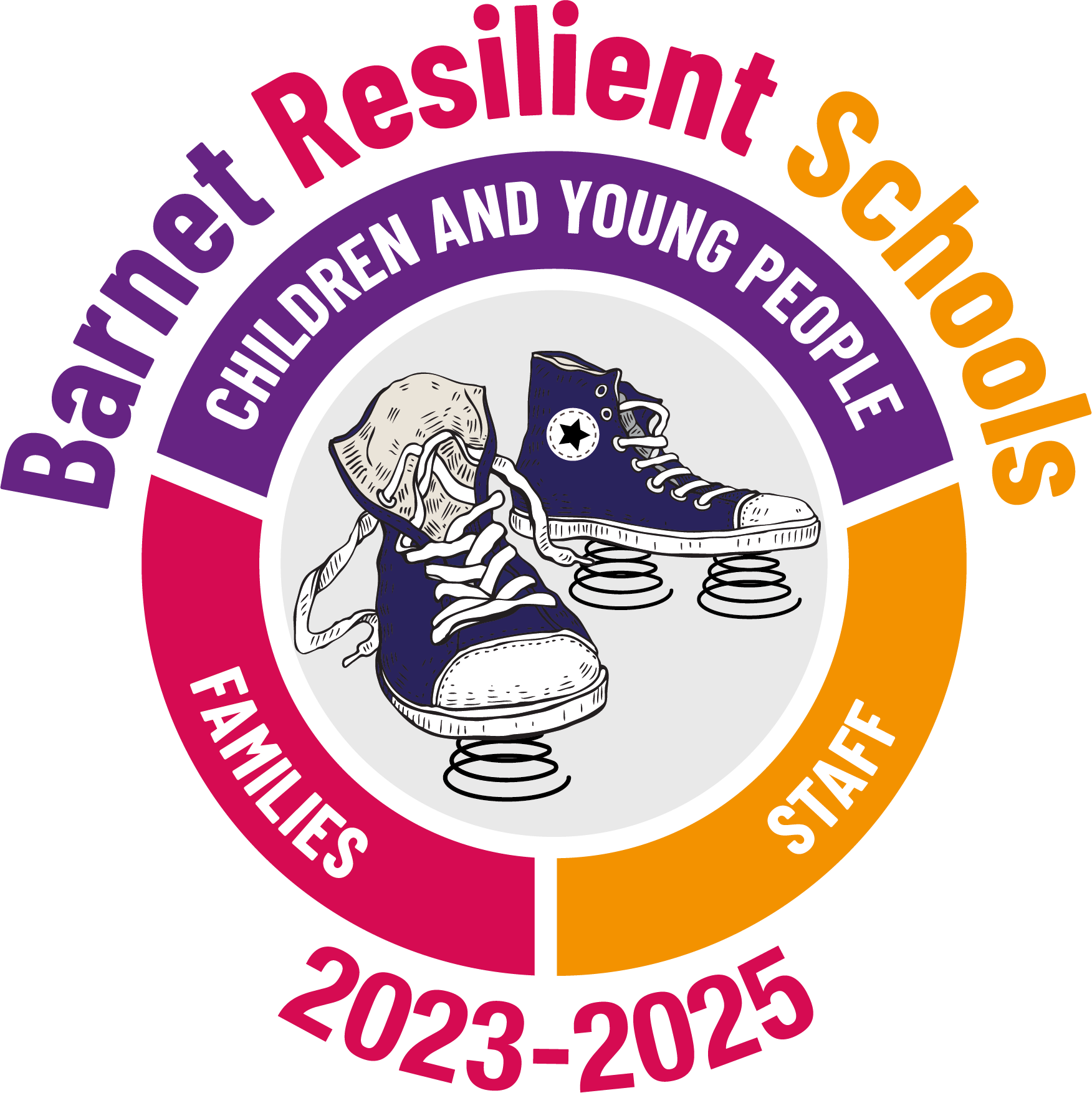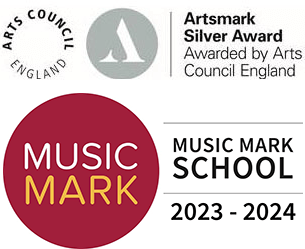British values and how we prepare our pupils for life in modern Britain.
The promotion of British values is integral within our curriculum provision and within our relationships with each other. Our pupils are well prepared for life in modern Britain.
The Department for Education has reinforced the need “to create and enforce a clear and rigorous expectation on all schools to promote the fundamental British values of democracy, the rule of law, individual liberty and mutual respect and tolerance of those with different faiths and beliefs.” The Government set out its definition of British values in the 2011 Prevent Strategy and these values have been reiterated in 2014.
At Colindale Primary these values are reinforced regularly through our ‘Rainbow’ school values:
Respect
Aspiring to be the best
Inclusion
Never giving up
Being a good friend
Optimistic to make the world a better place
Working together
and in the following ways:
Democracy
Democracy is embedded in our school. Children are always listened to by adults and are taught to listen carefully and with concern to each other, respecting the right of every individual to have their opinions and voices heard. Rational thinking is the core of our democratic values.
From nursery to year 6 children learn that their views count, to value each other’s views and values and talk about their feelings in small and large group discussions. For example, in the Early Years they share opinions on what the theme of their role play area could be with a show of hands and are given opportunities to develop enquiring minds in an atmosphere where questions are valued.
Our pupils also have the opportunity to air their opinions and ideas through our School Council and Eco Committee. The elections of the School Council and Eco Committee members are based on pupils demonstrating their commitment to the role and pupils vote to make the final selection, reflecting our British electoral system and demonstrating democracy in action. The School Council work to solve issues that the children raise and also have input into their curriculum and the standards of the school. The Eco Committee make decisions around issues to do with our local environment and our commitment to contributing to the wider issues of sustainability.
The voice of our children with physical disabilities can be heard additionally through a member of the school council who has physical disabilities.
In Year 2 through topic work, pupils look at the work of the Houses of Parliament where the decisions of the country are made through democratic means. The roles of the Prime Minister and the government are examined and how the decisions they make affect our lives.
Parents are also involved in the school’s democratic system, with their views regularly listened and responded to though forums such as the PTA, coffee mornings, questionnaires and meetings with senior leaders. Parents of children with special educational needs and/or disabilities can support each other and liaise with a member of staff at informal meetings in our parents’ room.
The Rule of Law
The importance of Laws, whether they be those that govern the class, the school, or the country, are consistently reinforced throughout regular school days, as well as when dealing with behaviour and through school assemblies. Pupils are taught the value and reasons behind laws, that they govern and protect us, the responsibilities that this involves and the consequences when laws are broken. The ‘behaviour steps’ outlined in our Behaviour Policy, ensure children take responsibility for themselves and show respect for others as modelled through regular discussions of behaviour by adults with children about how to right their wrongs and respect others’ viewpoints.
We take into consideration legislation, for example, the Disability Discrimination Act, applying the behaviour steps with those children who have special needs/disabilities. Visits from authorities such as the Police help reinforce this message. Class rules have been written by the pupils in each class, clearly state rules that the whole community adhere to.
Individual Liberty
Throughout our school children are encouraged to develop a positive sense of themselves. Staff provide opportunities for children to develop their self-knowledge, self-esteem and increase their confidence in their own abilities, for example in reception through allowing children to take risks on an obstacle course or talking about their experiences and learning. Throughout the school pupils are also given opportunities to explore the language of feelings and responsibility, to reflect on their differences and understand we are free to have different opinions.
Pupils are actively encouraged to make choices, knowing that they are in a safe and supportive environment. We provide boundaries for young pupils to make choices safely, through provision of a safe environment and empowering education. Pupils are encouraged to know, understand and exercise their rights and personal freedoms and advised how to exercise these safely. Whether it be through choice of learning challenge, of how they record, of participation in our many extra-curricular clubs and opportunities, pupils are given the freedom to make choices.
It is our aim for children with special needs and/or disabilities to be as independent as possible. Our model is for children to use adult and peer assistance when necessary and not to become overly dependent. Children with special needs and disabilities are encouraged and indeed expected to take part in all school activities. We continually assess how to remove barriers to learning and play situations and provide support for children to help them to be included in everyday activities and also additional activities, such as residential school journeys and after-school clubs.
Mutual Respect
Mutual respect is at the heart of our values. Children learn that their behaviours have an effect on their own rights and those of others through our ‘restorative justice’ approach to handling disputes between pupils, which emphasises the need to respect each other’s points of view and work out a resolution co-operatively. All members of the school community treat each other with respect. The children know and understand that it is expected and imperative that respect is shown to everyone, whatever differences we may have and to everything, however big or small.
Children recognise that many of us may have a particular need or difference which needs understanding and tolerance and are respectful of that need.
Tolerance of Different Faiths and Beliefs
Colindale Primary is situated in an area of great cultural diversity and we place a great emphasis on promoting and celebrating this with the children. Assemblies are regularly planned to address this issue either directly or through the inclusion of stories and celebrations from a variety of faiths and cultures. This is reinforced through our teaching of RE and PSHE. For example, in Year 1 children learn about festivals of different religions and how the children celebrate with their families, but also how many festivals are celebrated in similar ways.
Members of different faiths or religions are encouraged to share their knowledge to enhance learning within classes and the school. Children visit places of worship that are important to different faiths. Through this, our children gain an enhanced understanding of their place in a culturally diverse society.
From nursery upwards, an ethos of inclusivity and tolerance is created where views, faiths, cultures and races are valued and children engage with the wider community. In the Early Years, children acquire a tolerance and appreciation of and respect for their own and other cultures through a variety of play based activities and discussions. They find out about similarities and differences between themselves and others and among families, faiths, communities, cultures and traditions and share and discuss practices, celebrations and experiences.
Tolerant behaviours such as sharing and respecting other’s opinions are modelled and encouraged by staff throughout our school. Staff promote diverse attitudes and challenge stereotypes, for example, sharing stories that reflect and value the diversity of children’s experiences and providing resources and activities that challenge gender, cultural and racial stereotyping and perceptions of disability.
Topics
Many of the topics that our pupils study throughout their time at Colindale, help them to learn about life in modern Britain. These include:
In Year 1 – Celebrations: Pupils learn about the festivals of different religions and share how they celebrate with their families – the differences and similarities.
Year 2 – London: Pupils compare their life in Colindale to that of an area in a developing country. They study the geography of London within England and the UK. They also look at how places such as the Houses of Parliament have had an impact on the history of London and where the decisions of the country are made. They discuss the role and responsibilities of the Prime Minister and the government and how the decisions they make affect our lives.
Year 3 – Our World: Pupils do an in-depth study of Hinduism and Islam through first-hand experience and research.
Year 5 – The Ancient Greeks: Pupils learn about where the concept of democracy originates and hold mini election campaigns.
Year 6 – World War 2: Pupils have the opportunity to consider fair treatment of all people. The Rainforest: Pupils look at respect for the environment and the rights of indigenous peoples versus world demands causing the destruction of the rainforest.


